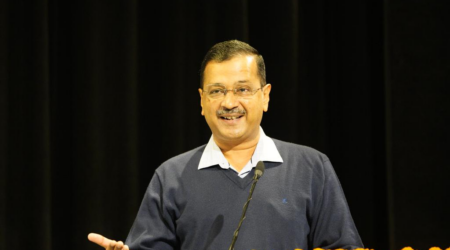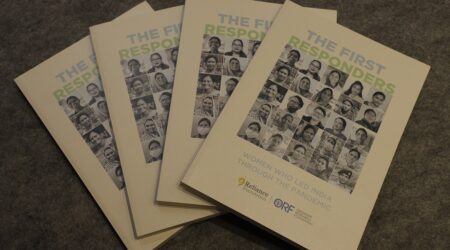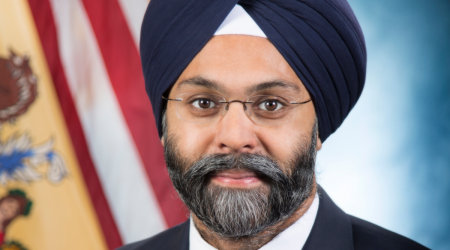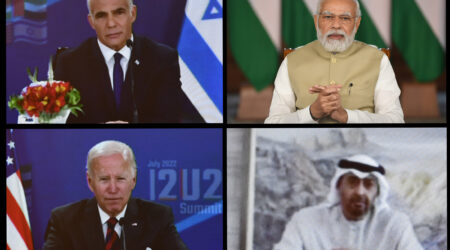By R Jagannathan
Editorial Director,
Swarajya magazine
India appears to be spooked again by growing Covid numbers, which crossed 68,000 in daily additions on Sunday, 28 March. Already, the worst-affected states like Maharashtra have imposed ineffectual measures (night curfew). A lockdown is also being considered.
Some states have created containment zones and announced Sunday lockdowns (Madhya Pradesh). Many states are imposing some restrictions short of lockdowns without excluding the possibility of the latter.
The problem with “trying to do something” is that we could end up making the same mistakes we did last year, when much less was known about the virus and its ability to cause death and damage.
Lockdowns last year were part of a learning curve, and also warranted in the initial stages when India was totally unprepared in terms of testing and treatment facilities for the kinds of numbers that were expected to be infected. We didn’t even have enough masks or protection equipment, leave alone life-savers like ventilators.
Today, there is no need for any such panic despite the fact that active Covid cases have quadrupled in just over the last six weeks from around 1.36 lakh to more than 5.2 lakh as on Sunday. Daily cases have risen from 40,715 on 22 March to 68,020 on 28 March, a 67 per cent rise in less than a week.
The explanation for this spike is actually simple: last year, we simply had no way of knowing how many were infected in the initial four or five months since we did not do enough testing; most cases went undetected. Today, it is possible to test faster and more, and, lo behold, the numbers are looking scarier.
There is no reason to scare ourselves just because of the pace of the spike. We don’t have to do anything more than what we have already been doing, which includes masking, washing hands, and maintaining safe distancing (to the extent possible). And we can ask most offices to adopt hybrid work practices, with people coming to offices less often than in the recent past, when Covid seemed to have peaked.
The last thing we need to do is to restrict the normal movement of people for normal reasons – buying essentials, work, etc. We have to deal with the Covid spike without locking people up again. And yes, this time we have to put livelihoods well above lives, for any further destruction of livelihoods will actually cost more in terms of lives.
Indians cannot be asked to go without work for months on end. People have to earn, even if it means they may run the risk of Covid infections.
Let us understand the virus in a dharmic sense, and not with a western mindset. If all living things have a right to survival, it implies that the virus too has a right to do so.
Right now we are in the phase where the virus is trying to figure out, through various mutations, how it can live without making humans fearful of its existence. This is why we are seeing so many mutations.
Once the virus finds a way to survive without scaring humans out of their wits, where we launch World War Zee against its survival, we will have achieved a degree of peaceful coexistence, just as we have with the common flu or cold or other forms of non-life-threatening diseases.
Till the virus finds that golden mean of survival without endangering humans too much, we have to learn to survive without losing too many lives. It makes no sense to destroy human immune systems from coping with the virus by completely isolating ourselves behind locked doors, where we destroy our own ability to retain livelihoods and incomes. Trying to destroy the virus altogether will ultimately destroy us as humans.
On a practical note, this is what we should be doing.
One, ensure that commercial establishments work in hybrid mode, where travel is restricted to one or two days a week, and work happens from home. Travel modes need to be expanded, with buses running more often and longer but with fewer passengers each time in order to reduce the risk of infections while travelling.
Market places should remain open for long hours, and not artificially closed through curfews, since it is the fear of shortage that makes people crowd in market places. The only antidote to crowding is abundance – more time, more supplies. This means lockdowns will achieve the opposite of what human psychology demands.
Two, to masks and hand washing we could add disposable gloves and face shields for office workers, but only as a voluntary option. We already do this while flying today, so crowded offices can be allowed to function with these additional requirements.
Three, we clearly need to expand the vaccination drive, both by expanding the paid vaccination options and by approving new vaccines (the Russian Sputnik, the Pfizer and Moderna vaccines) for those who can afford it.
This may well enable companies to vaccinate their staff aggressively at their own costs. States like Maharashtra may also universalise vaccination if given the option, since they face bigger threats.
It is time to decentralise decision-making and measures to combat Covid-19. There is no one-size-fits-all solution driven from Delhi, even though Delhi should provide useful guidelines based on sound medical advice.
The states should deal with the pandemic as they deem fit in the context of their own circumstances. Maharashtra and Manipur cannot deal with Covid in the exact same way that Delhi prescribes.
Covid-19 has taught us many things, but the two most important lessons are: one, don’t destroy livelihoods to save lives, unless the threats to lives are so overwhelming; and two, don’t drive every policy from Delhi. Allow states to experiment with their own ideas, and Delhi can then evaluate which works best, and share those best practices with everybody.
Let us also understand that masking, movement constraints and restrictions on socialising are alien to human beings. We cannot expect humans to go against their basic natures for an indefinite period of time – in this case, for more than a year now, and counting.
The dharmic solution lies somewhere in-between the extreme efforts to prevent all infections by treating the virus as only a mortal enemy who needs to be vanquished, and one where both the virus and humans can coexist. Abrahamic solutions may not work. If they do in the short term, they will only end up storing larger problems for the future.
Article and illustration courtesy Swarajya.
Indians cannot be asked to go without work for months on end. People have to earn, even if it means they may run the risk of Covid infections.











